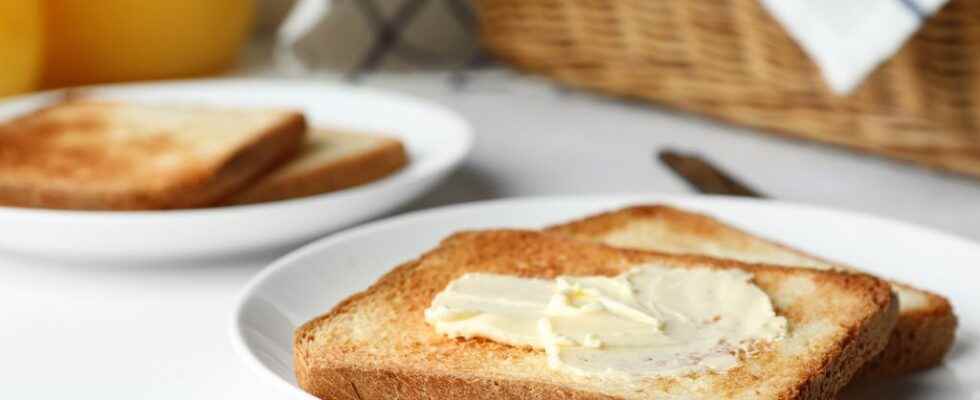Butter is the subject of beliefs and legends that are more or less firmly rooted in people’s minds. So what is it in reality? Is it good or bad for health? Answers with Corinne Fernandez dietitian nutritionist in Paris.
Butter cooking still has its followers. For the Normans, it is not uncommon for chips to be a mainstay in the kitchen and pile up in fridges. Apart from this traditional local aspect, the use of butter in cooking can be very common both in sauce dishes and in pastries. So is it a health hazard?
The butter vs oils match
First, it should be remembered that cooking with butter remains harmful. When heated, this fat produces chemicals that are harmful to our body. On the other hand, you can absolutely use “ghee” butter, that is to say cooked butter stripped of its impurities. Namely the whitish substance that is created during cooking. There are many techniques on the internet to do it yourself but you can buy it ready. “But in terms of health, cooking with olive oil, or cooking with rapeseed oil for seasonings remains the best reflex. The Mediterranean diet has demonstrated its benefits in numerous studies, and it highlights before the virtues of olive oil.The oils contain a lot ofomegas 3, essential for the proper functioning of the cardiovascular system, the hormonal system, and are very interesting to fight against inflammation. They also have virtues for our mental health.“, explains Corinne Fernandez.
The golden rule: consume raw butter, in moderation
If you want to eat butter, we prefer it raw. Indeed, it contains vitamin A, excellent for the skin and for vision. And also vitamin D, so precious in winter when the sun is scarce. A small hazelnut in vegetables or in mashed potatoes, or even on morning sandwiches is more than enough. “Do not exceed 10 to 15 g per day, either a small individual tablet but you have to adapt to the needs of the person: it all depends on their age, gender, health issues”, adds the nutritionist.
You should know that butter contains 753 calories per 100 grams. And the saturated fatty acids make up about 60% to 65% of butterfat. These would influence the increase in total cholesterol and LDL cholesterol (“bad cholesterol”). But there are many studies that contradict each other on this point.
In any case, the only golden rule is to consume it in moderation and preferably raw. And in case of problems or questions, do not hesitate to seek advice from a specialist to adapt the quantities to your profile.
Thanks to Corinne Fernandez, dietitian nutritionist (Paris).
Read also:
Loading-widget
Loading-widget
Subscribe to the Top Santé Newsletter to receive the latest news for free
